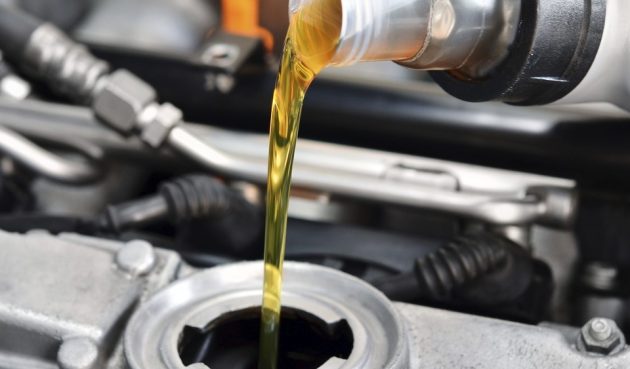Graphene-based nanolubricants a performance leap from current motor oils, Malaysian research team finds

Recent research has shown that adding nanoparticles to automotive lubricants significantly enhances some of these fluids’ properties. These tests have revealed that the inclusion of such nanofluids – synthesised using carbon nanotubes and various metallic, oxide and ceramic nanoparticles – enhances a lubricant’s ability to conduct heat, lubricate and protect components from wear-and-tear.
Thus far, nanofluids employing carbon nanotubes have shown the best results, but a team of Malaysian scientists say a superior option may be on the cards. Researchers from the University of Nottingham Malaysia Campus and Taylor’s University are examining the effects of adding graphene nanoflakes to various commercially available lubricants.
Graphene is an incredibly strong one-atom-thick layer of carbon with excellent thermal and electrical conductivity properties. The team found that adding just 0.01% graphene nanoflakes to the total mass of a lubricant improved its thermal conductivity by 17%, with almost no changes in viscosity.
The enhancement of the lubricant’s thermal properties generally varied according to the size, concentration and heating rates of the graphene nanoflakes used, they report. The researchers believe that the enhanced thermal properties are due to graphene’s large surface area and even distribution, among other things. Improved thermal conduction means a lubricant is better able to carry heat away from an engine.
Abdul Khaliq Rasheed of the University of Nottingham Malaysia Campus is optimistic that graphene-based nanolubricants could last around 20% longer than the currently available 5,000 and 10,000 km motor oils. Aside from helping protect engines better, such lubricants may even cost less, because adding nanoparticles could reduce the amounts of other additives currently required, he explained.
The main challenge for researchers now is to develop a complete nanoparticle-based formula that measures up to industry standards. The researchers are also planning to investigate graphene’s impact on automotive coolants and electronic cooling.





